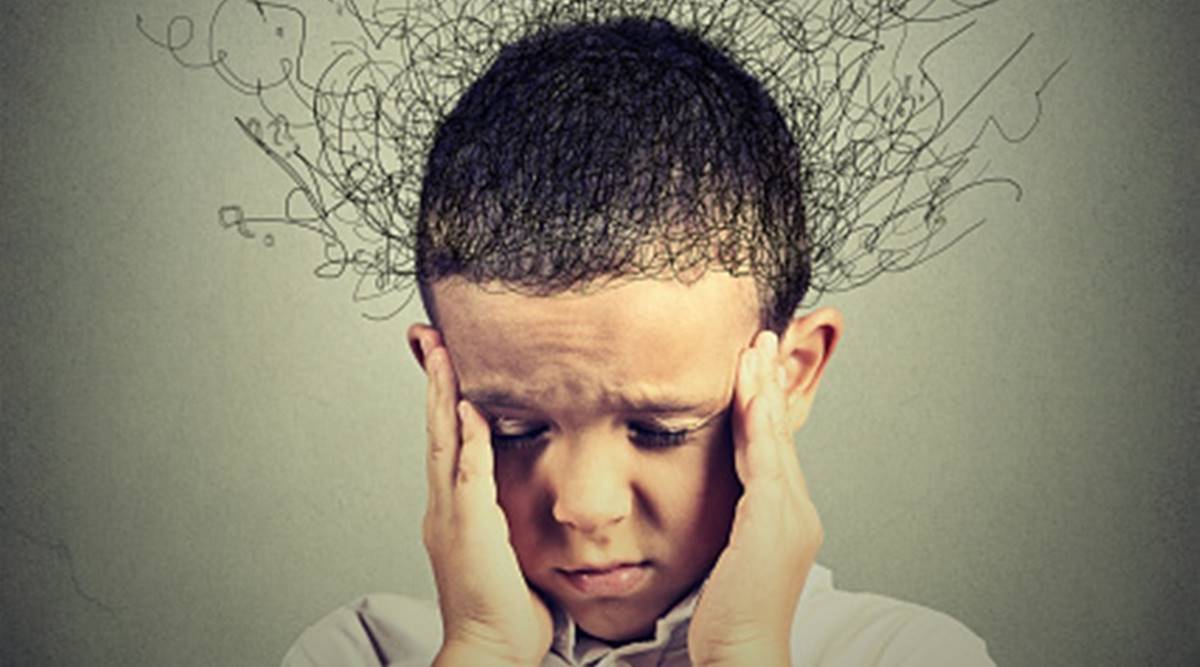
Adolescent anxiety
My son Vishal, 14 years old is studying in the 9th grade. I have noticed there is a tremendous amount of anxiety in his behavior. He is very irritable one day or too loving the other day, he gets sensitive about the smallest matters and is cool about the larger ones. He is displaying a maturity sometimes far beyond his years and sometimes is very moralistic. I fail to understand that. Please advise.
It has been recognized that there are phases in human life when there is an increased amount of anxiety because of heightened wishes, desires and fantasies which at other times are confined to unawareness. Adolescence is also one such phase. Two such changes are very noticeable – ascetism and the intellectuality of adolescence. Alternating with increased desires and excesses, there is sometimes an apparently contradictory antagonism towards desires. This antagonism is quite indiscriminate in the sense that they may not have any interest at all. They mistrust enjoyment in general and so their safest policy appears to be simply to counter more urgent desires with more stringent prohibitions. This adolescent mistrust of desire fulfillment has a dangerous tendency to spread; it may begin with big desires and spread to the most ordinary physical needs. There are a lot of young people who severely renounced any impulses which savoured of sexuality and who avoided the society of those of their own age, declined to join in any entertainment, and in the true puritanical fashion, refused to have anything to do with the theater, music or dancing. To forgo pretty and attractive clothes is understandable, but to deny oneself the most ordinary protection against cold, mortifies the flesh in every possible way, and exposes his health to unnecessary risks, when he not only gives up particular kinds of oral enjoyment but on principle reduces his daily food to a minimum, when from having enjoyed long nights of sound sleep, he forces himself to get up early, when he is reluctant to smile or laugh. This may alternate with excessive indulges in everything he previously held to be prohibited. They are only transitory spontaneous recovery from the condition of asceticism. Probably the increase in desires at a biological level accentuates this antagonism to this degree. If the recovery does not take place, the result is a paralysis of life which is no longer a normal phenomenon. Another contradiction is the development of intelligence. In general one finds that the storms of desires bear an inverse relation to the subject’s intellectual activity. Even in the normal state of love, a man’s intellectual capacities tend to diminish and his reason is less reliable than usual. The more passionate his desire to fulfill his desires, the less inclination has he as a rule to bring intellect to bear on them and to examine their basis in reason. However, in adolescence there is a reverse case. The whole interest of boys is concentrated in things which have an actual objective existence. They love to read about discoveries and adventures or to study numbers and proportions or to devour descriptions of strange animals and objects or confine their attention to machinery from the simplest to the most complicated forms. The issues are more concrete and not fantasies, fairy tales and fables as in early childhood; something which has an actual physical existence. Then the abstraction again comes in as adolescence proceeds. Many of the friendships of the youth are based on and maintained by this desire to meditate upon and discuss such subjects together. The range of these abstract interests and the problems discussed is very wide. They will argue the case for free love or marriage and family life, a free-lance existence or the adoption of a profession, roving or settling down, or discuss philosophical problems such as religion or free thought, or different political theories such as revolution versus submission to authority, or friendship itself in all forms. We may be amazed by the wide and unfettered sweep of their thought, impressed by the degree of empathy and understanding manifested, by their apparent superiority to more mature thinkers, and sometimes even by the wisdom which they display in their handling of the most difficult problems. However, it is surprising to discover that this fine intellectual performance makes little or no difference to his actual behavior. His empathy into the mental process of other people does not prevent him from displaying the most outrageous lack of consideration towards those nearest to him.



